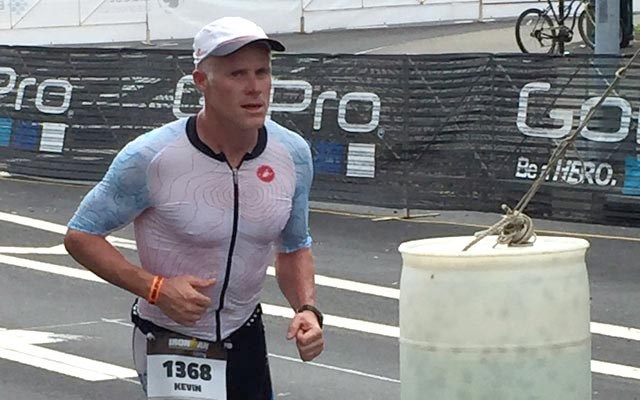Roughly six kilometres of Highway 99 between Whistler and Pemberton are set to be improved beginning in a month's time.
In the big picture, the project is welcome news for motorists and cyclists alike, but more immediately, athletes preparing for major events like Subaru Ironman Canada are discouraged from using the highway during the construction dates of June 13 to July 13. According to a notice from the Squamish-Lillooet Regional District (SLRD), the deadline is firm, as the highway will need to be clear for access to the Pemberton Music Festival, which begins July 14.
As part of the project, the road surface of a six-kilometre stretch of highway near Wedgewoods will be replaced with new asphalt while other minor upgrades will be completed at the same time.
"This project will provide safer driving conditions for the travelling public, a smoother driving surface, and dust control improvements," Kate Mukasa, a public affairs officer with the Ministry of Transportation, said in an email.
While athletes preparing for the July 24 race are glad to see the highway being repaired, many will have to change their training plans leading up to the event.
Squamish's Kevin Pickard, who qualified for the 2015 Ironman World Championship through last year's race, said with more than our share of climbs and declines in the Sea to Sky, such as Mount Seymour, Grouse Mountain and Cypress Mountain near Vancouver, it's possible to replicate the conditions in other areas. It comes with its own set of challenges, however.
"I'll probably do more rides from Squamish to the top of Callaghan and back down," he said of his training plans. "It's a bit of a challenging highway. Some of the shoulders are not very friendly. There's some bad drainage ditches and the wind can be really rough. If you're not an experienced rider, it could be dangerous."
Pickard, who plans to do the Ironman 70.3 (half-distance) race this year, said it's helpful for newcomers to complete any course they'll be taking on before race day, and that can prove even more true for Whistler. Already, he said, he's run into Vancouverites who were unaware of the impending construction, while others will be coming from further away and may be disappointed if they show up more than 11 days before the race.
"A lot of people like to build their confidence up by riding the full course," he said. "It's a big advantage having ridden it, and especially the Whistler Ironman, the word's out that it's a tough course, especially the bike ride. What makes it tough is the climb back from Pemberton to Whistler. It's the end of the bike (ride) and it's basically climbing for 35K."
Jasper Blake of B78, a multi-sport coaching venture based in Victoria, has kept up his annual Ironman camp in the region, though some changes were necessary. He acknowledged the athletes training are a "pretty small blip" on the ministry's radar and with a limited construction season, the work had to be done when it could get done.
"When we got the notice, I got a little bit anxious, because when we have a camp up there, it's usually three days and one of the key days for everyone is getting the course in in its entirety — the bike course, specifically. That's a really important thing for people just to give them the confidence that they can get through it.
"We've made some changes to our itinerary to accommodate for that. I think we'll be totally fine. The main thing is that our big riding day won't be the course in its entirety — we'll break it up in chunks on different days so we'll do the Callaghan section on one day and on our big ride day, we'll probably have to start in Pemberton and do the flats and then back up the road as far as we can go towards Whistler and do a couple loops of that."




